Human Trafficking Act in India: Human trafficking is a global issue that affects millions of people every year. According to the International Labour Organization (ILO), there are approximately 21 million victims of forced labour worldwide, with 68% of these victims being exploited in the Asia-Pacific region. In India, human trafficking is a grave problem, with thousands of women, children, and men being trafficked every year. The Indian government has taken several measures to combat human trafficking, including enacting laws and creating specialized agencies to investigate and prosecute offenders.
Understanding Human Trafficking Act in India:
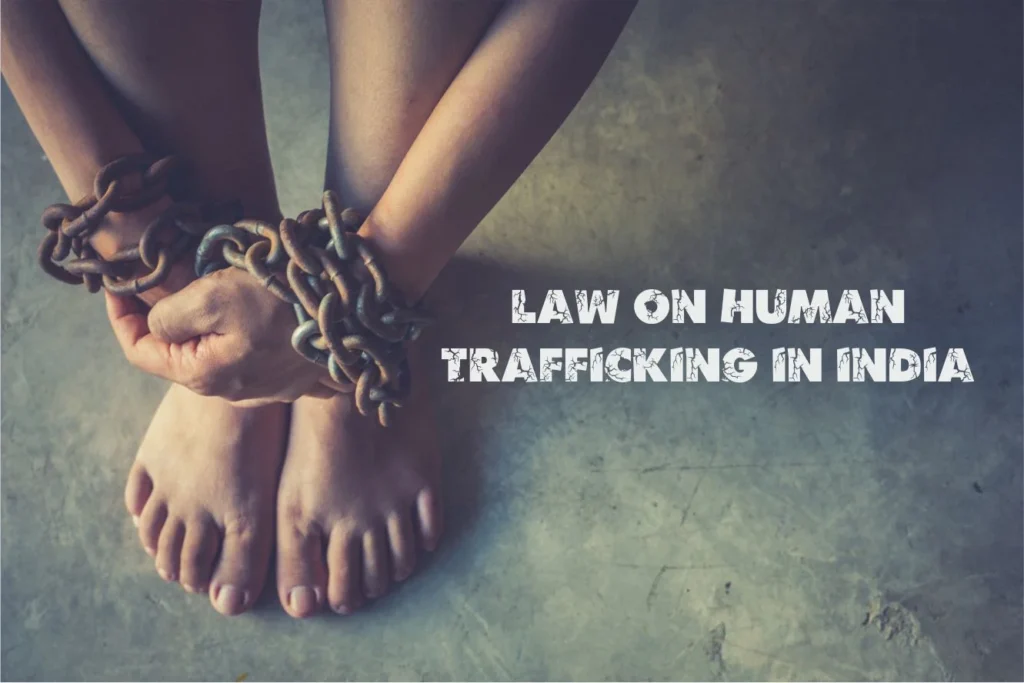
Human trafficking is a crime that involves the exploitation of human beings for commercial gain. Victims of human trafficking are often forced or coerced into labour or sex work, and they are denied their basic rights and freedoms. Human trafficking is different from human smuggling, which involves the transportation of individuals across borders illegally. Human trafficking can occur within the borders of a country or across international borders.
In India, human trafficking is a significant problem. Women and children are particularly vulnerable to trafficking, with many being trafficked for sexual exploitation. India is also a source, transit, and destination country for human trafficking, with both internal and cross-border trafficking occurring.
Legal Framework to Tackle Human Trafficking in India:
The Indian government has enacted several laws to combat human trafficking. The most significant of these laws is the Immoral Traffic (Prevention) Act, 1956 (ITPA), which was amended in 1986 to include trafficking for commercial sexual exploitation. The ITPA criminalizes prostitution and related activities, including soliciting, brothel-keeping, and living off the earnings of prostitution. The law also provides for the rescue and rehabilitation of victims of trafficking.
In addition to the ITPA, the Indian government has enacted several other laws to tackle human trafficking, including the Bonded Labour System (Abolition) Act, 1976, the Child Labour (Prohibition and Regulation) Act, 1986, and the Juvenile Justice (Care and Protection of Children) Act, 2015. These laws provide for the protection of vulnerable groups, including children and bonded labourers, and impose severe penalties on those who engage in human trafficking.
Specialized Agencies to Investigate and Prosecute Offenders:
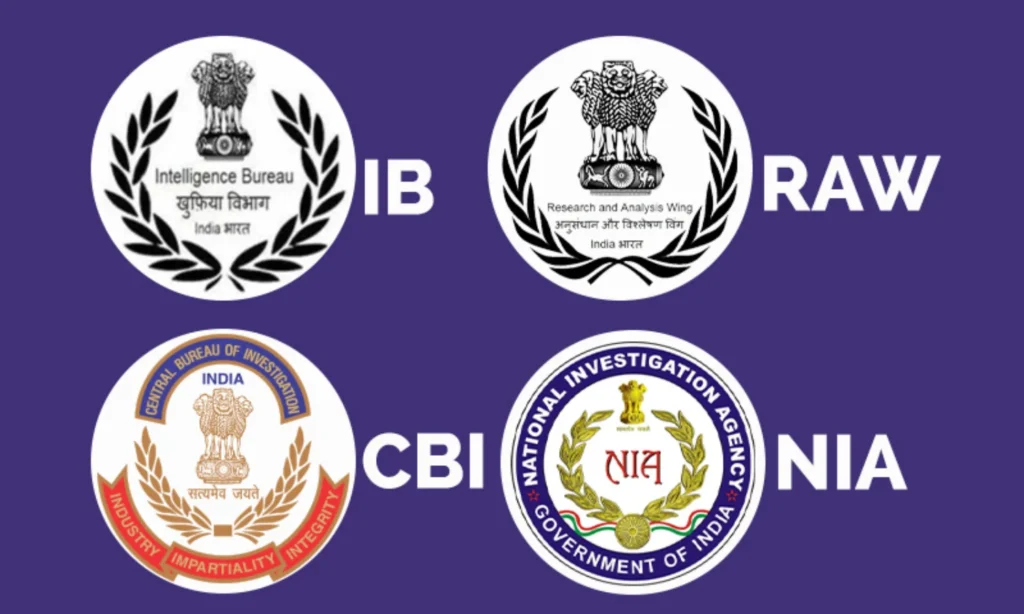
The Indian government has also created specialized agencies to investigate and prosecute offenders of human trafficking. These agencies include the National Investigation Agency (NIA), the Central Bureau of Investigation (CBI), and the Anti-Human Trafficking Units (AHTUs) of state police forces. The NIA and CBI investigate cases of human trafficking that have an inter-state or international dimension, while the AHTUs investigate cases of trafficking within a state.
These agencies work in close coordination with NGOs and civil society organizations to rescue and rehabilitate victims of trafficking. The government has also set up shelter homes and rehabilitation centres for victims of trafficking, where they can receive medical care, counselling, and vocational training.
Challenges and Way Forward:
Despite the efforts of the Indian government, human trafficking remains a significant problem in the country. One of the biggest challenges is the lack of awareness among the general public about the issue of human trafficking. There is also a need for better coordination between different government agencies and civil society organizations to tackle the problem effectively.
The government must also address the root causes of human trafficking, such as poverty, lack of education, and gender discrimination. There is a need for greater investment in education and skill development programmes, particularly for women and children, to reduce their vulnerability to trafficking.
Human trafficking is a grave violation of human rights that affects millions of people worldwide. In India, the government has enacted several laws and created specialized agencies to tackle the problem.
Read Also: Money Laundering Act in India
![]()

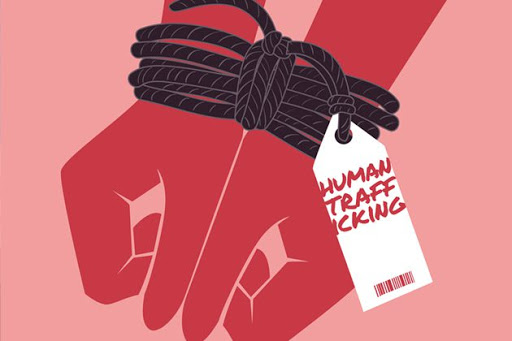

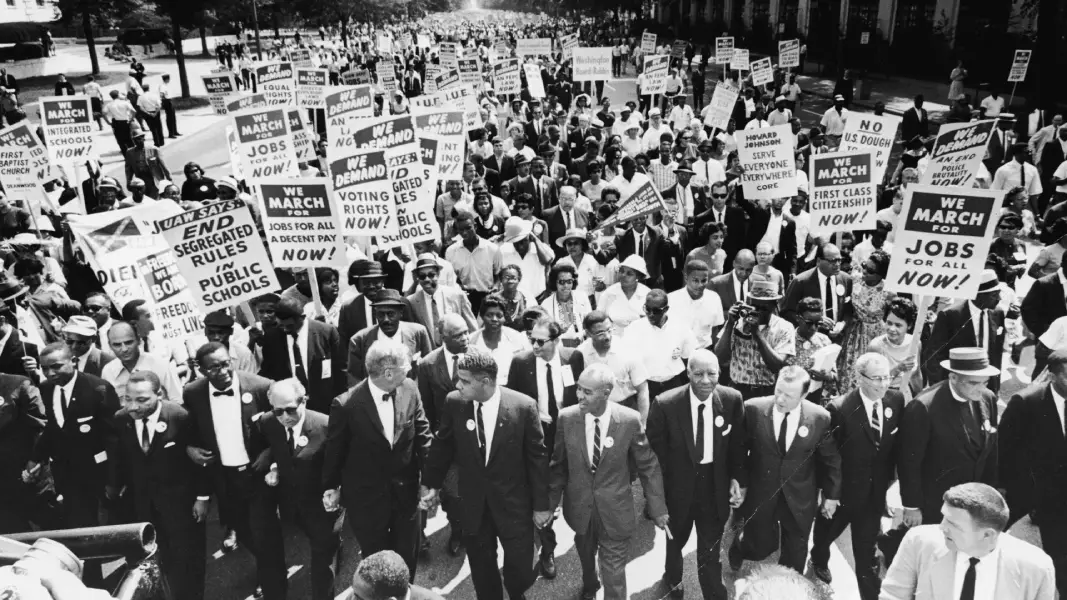
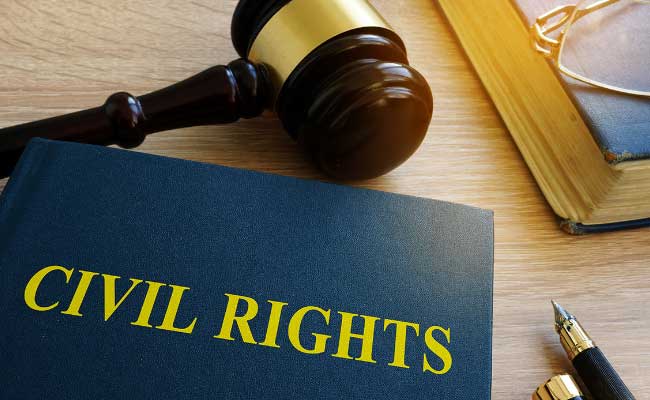

2 thoughts on “Human Trafficking Act in India”